The Owner Digital School
The Owner Coaching is all about empowering individuals to take control of their financial future through real estate investing.
We're not just a coaching service; we're a movement. We're here to break down barriers, build up confidence, and guide our clients to become masters of their own destinies.

Mastering Real Estate Investing:
From Renovation to Financial Freedom
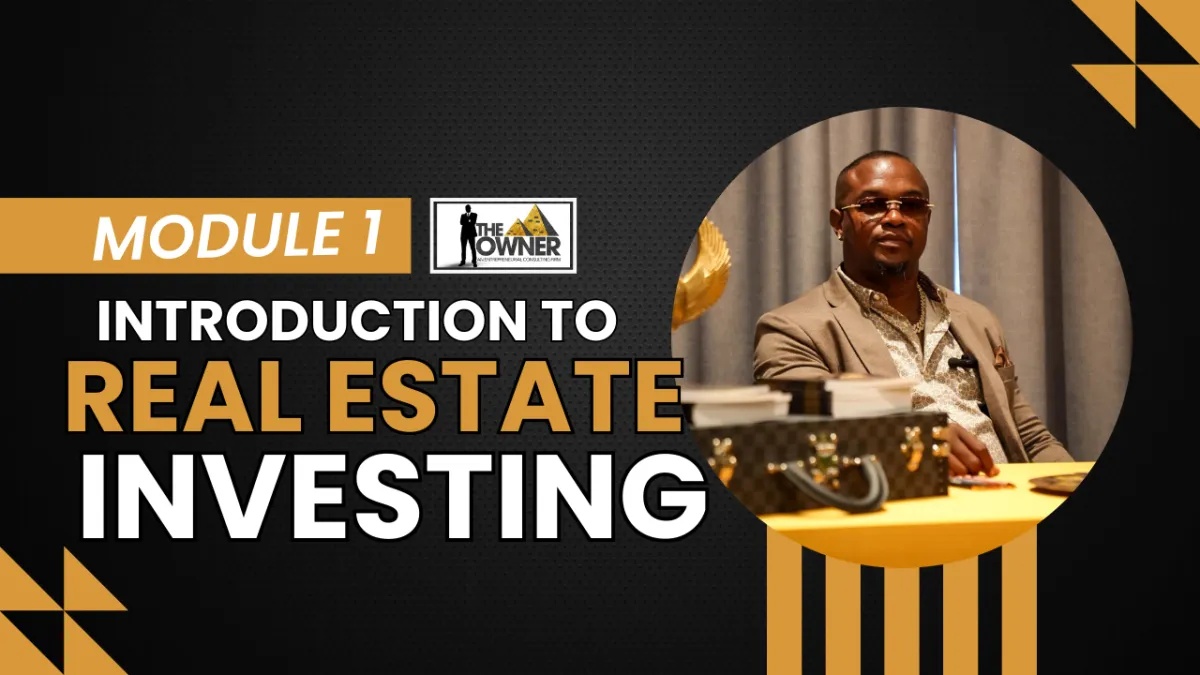
Sofia Young
Module 1: Introduction to Real Estate Investing
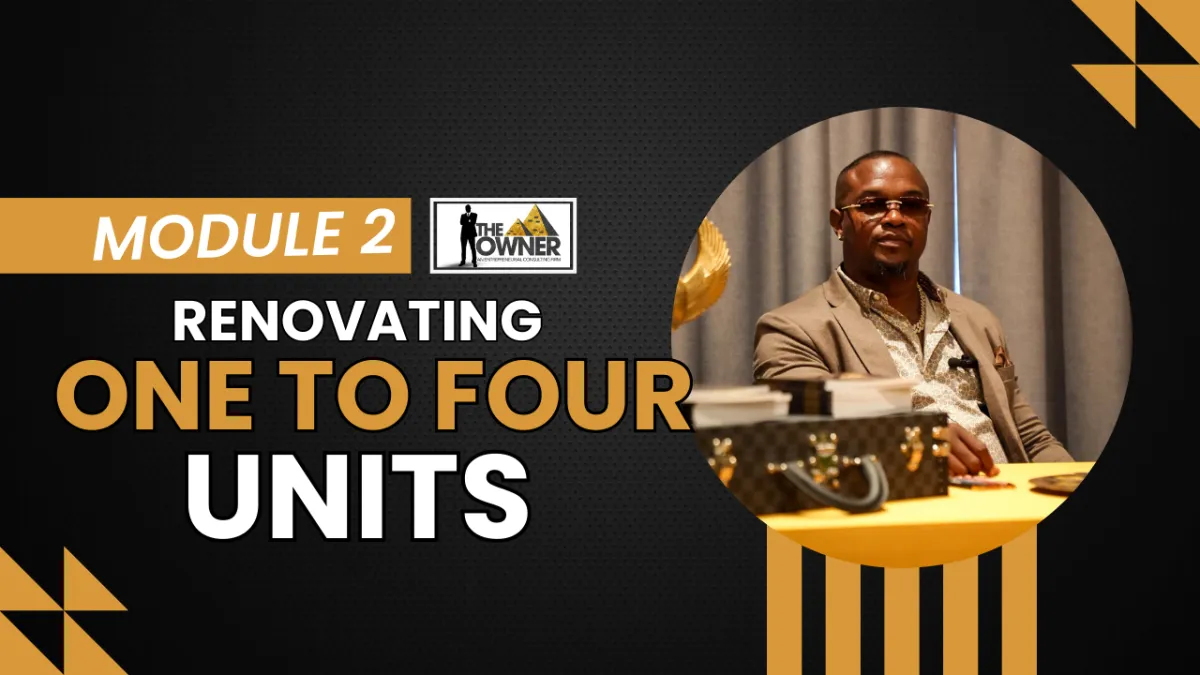
Emma Johnson
Module 2: Renovating One to Four Units
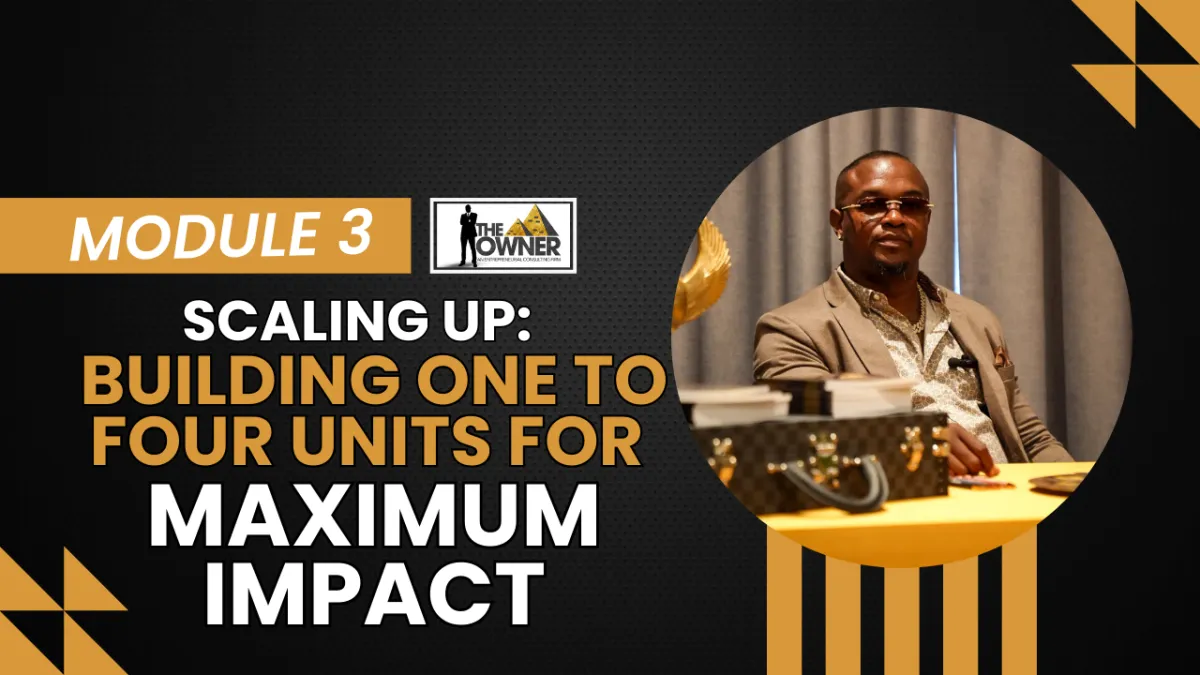
Ava Thompson
Module 3 – Scaling Up: Building One to Four Units for Maximum Impact
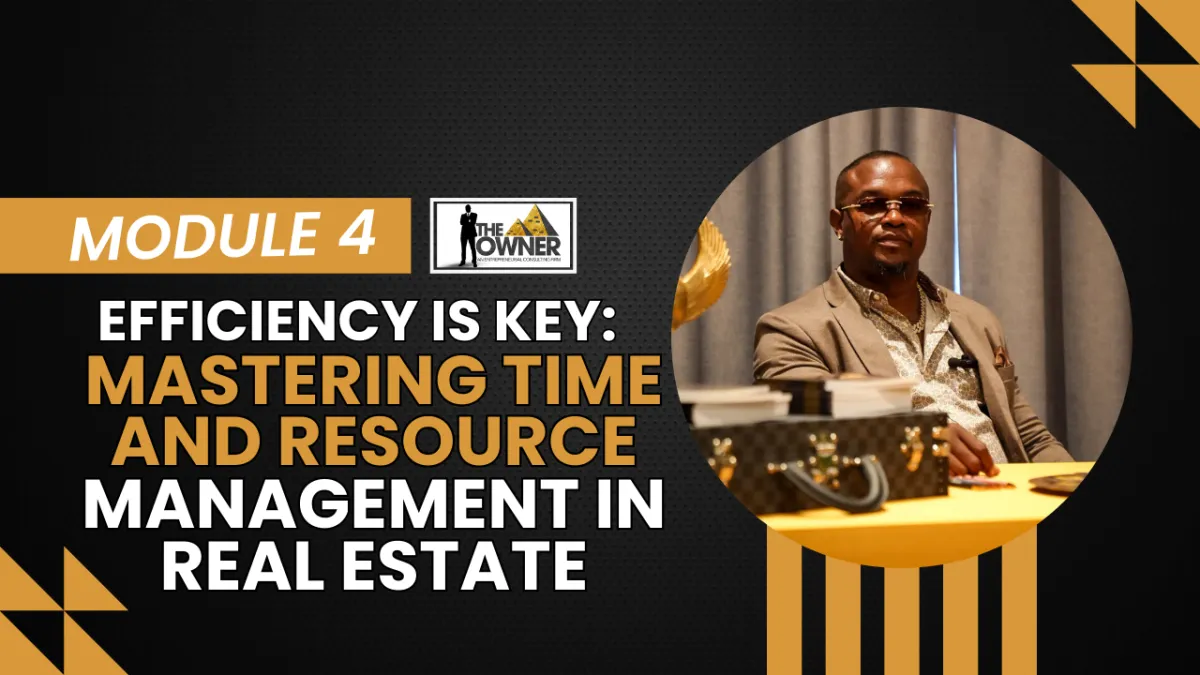
Liam Carter
Module 4 – Efficiency is Key: Mastering Time and Resource Management in Real Estate
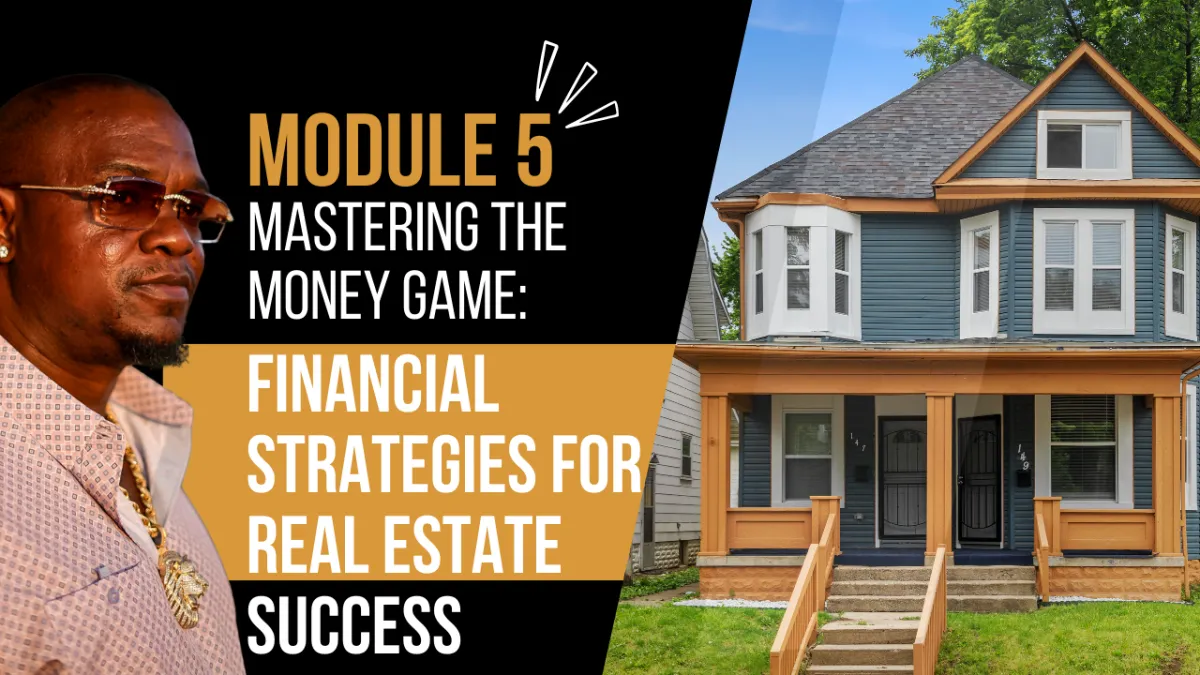
Sofia Young
Module 5 – Mastering the Money Game: Financial Strategies for Real Estate Success
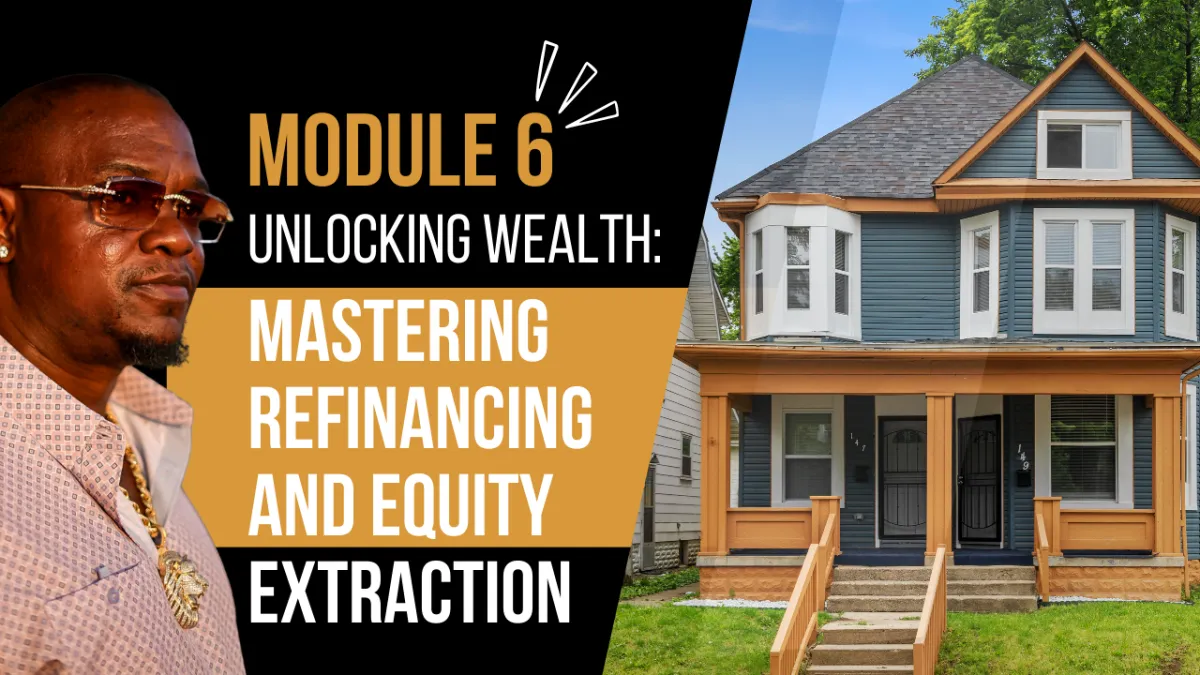
Emma Johnson
Module 6 – Unlocking Wealth: Mastering Refinancing and Equity Extraction
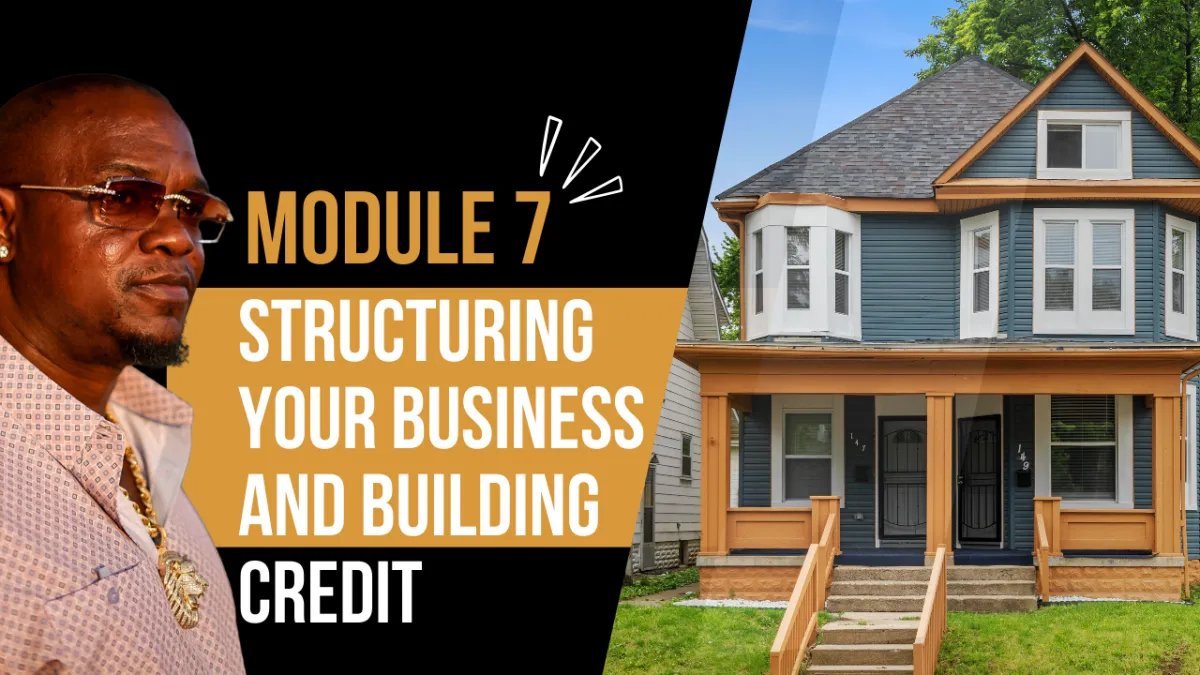
Ava Thompson
Module 7 – Structuring Your Business and Building Credit
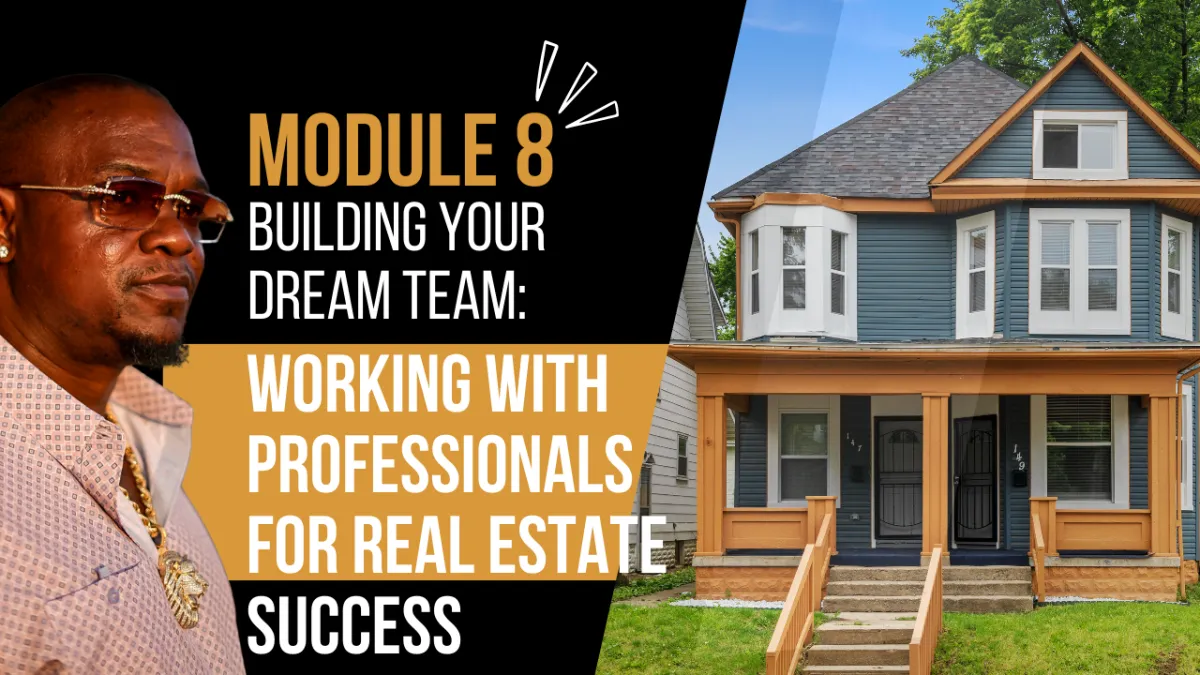
Liam Carter
Module 8 – Building Your Dream Team: Working with Professionals for Real Estate Success
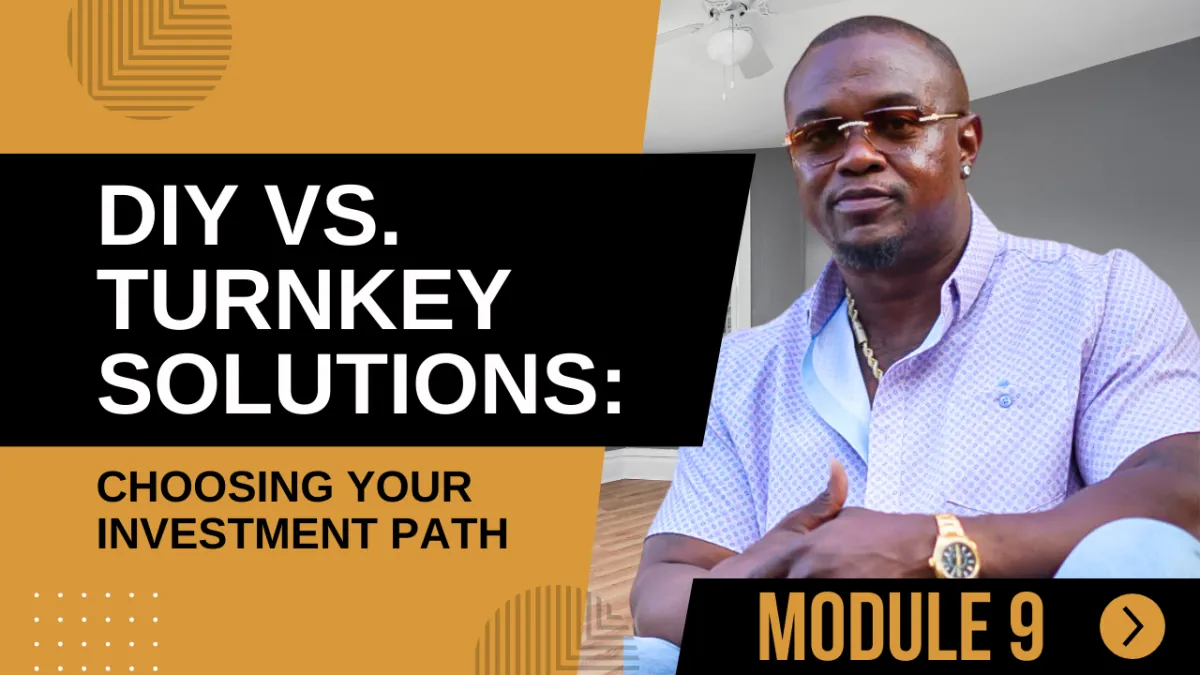
Sofia Young
Module 9 – DIY vs. Turnkey Solutions: Choosing Your Investment Path

Emma Johnson
Module 10 – Exclusive Resources and Discounts: Unlocking Your VIP Advantage
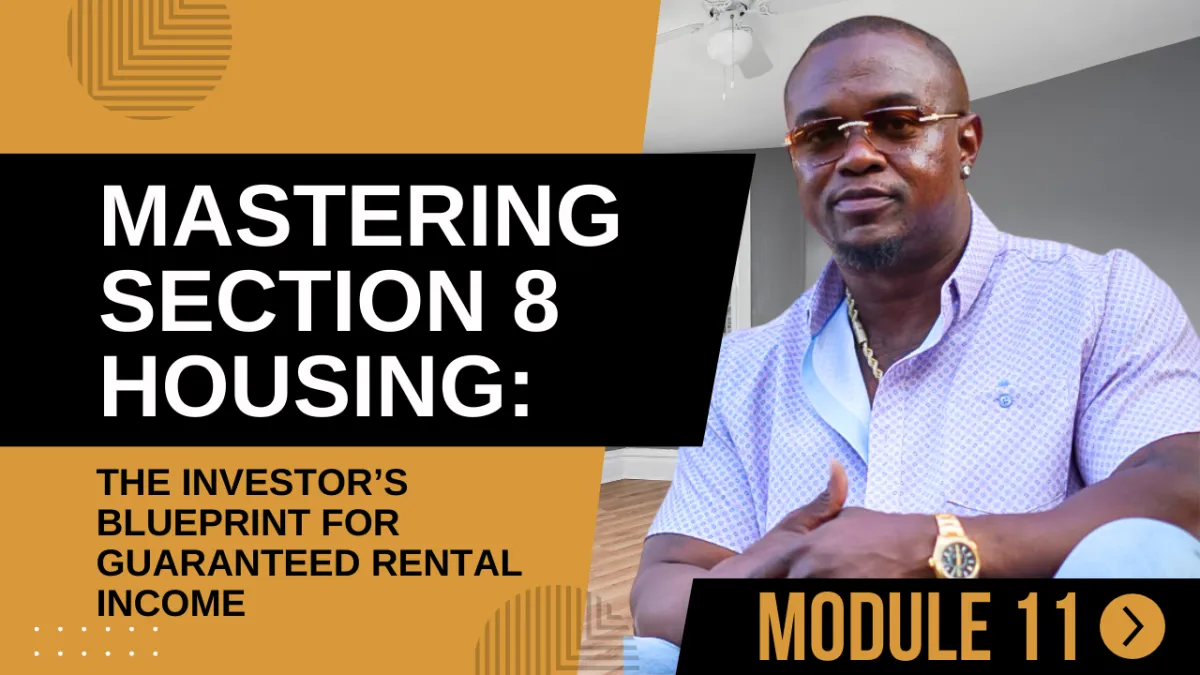
Ava Thompson
Module 11 – Mastering Section 8 Housing: The Investor’s Blueprint for Guaranteed Rental Income
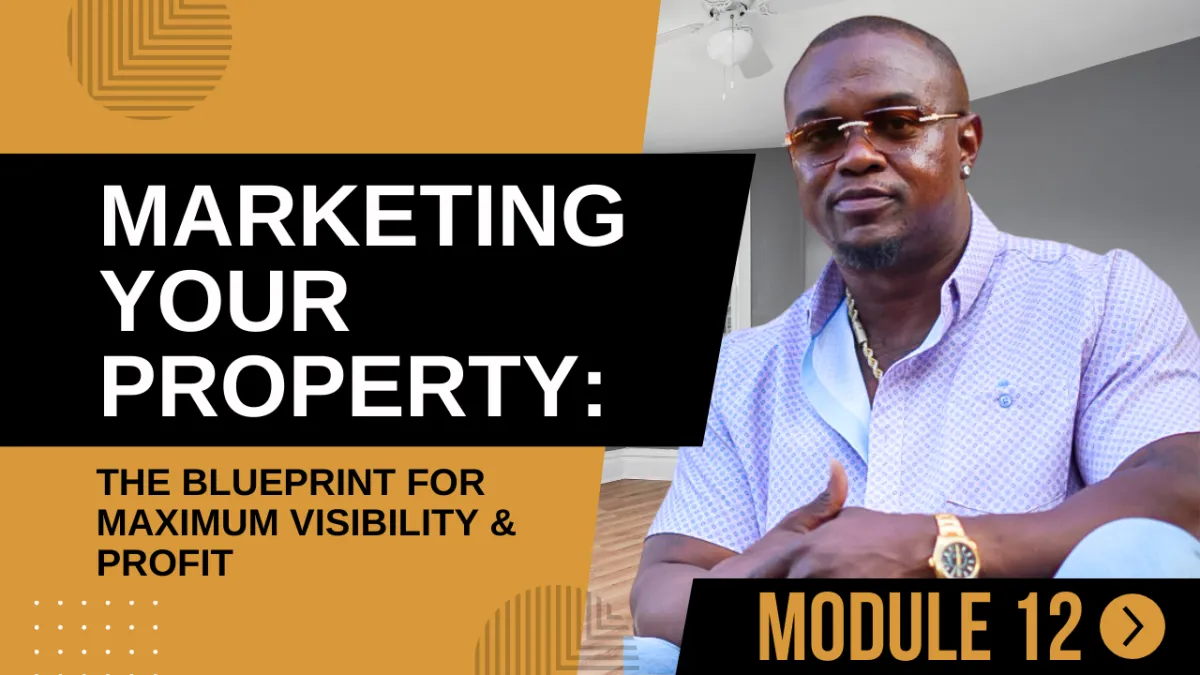
Liam Carter
Module 12 – Marketing Your Property: The Blueprint for Maximum Visibility & Profit
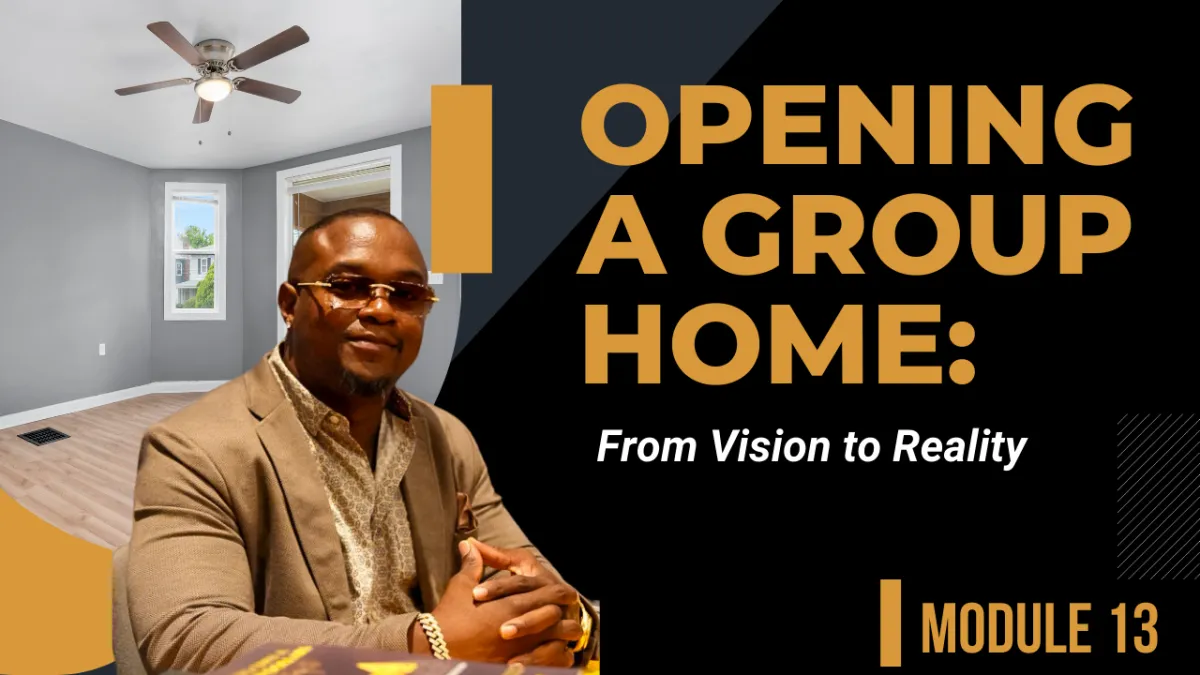
Sofia Young
Module 13 – Opening a Group Home: From Vision to Reality
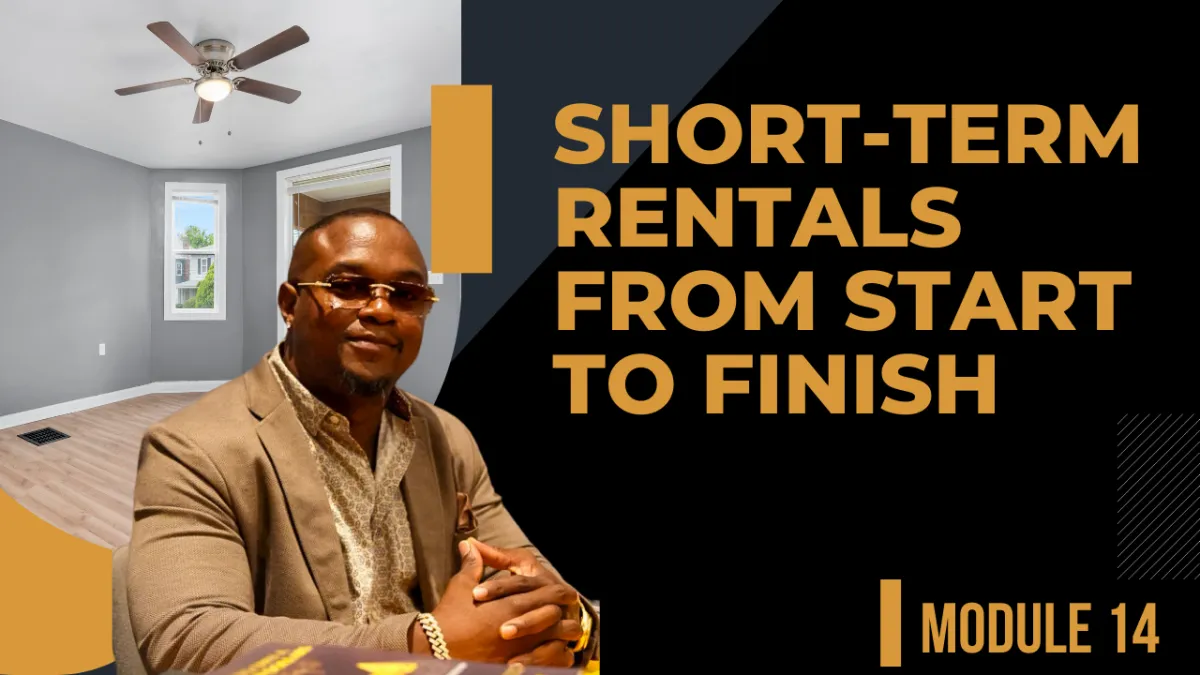
Emma Johnson
Module 14 – Short-Term Rentals from Start to Finish
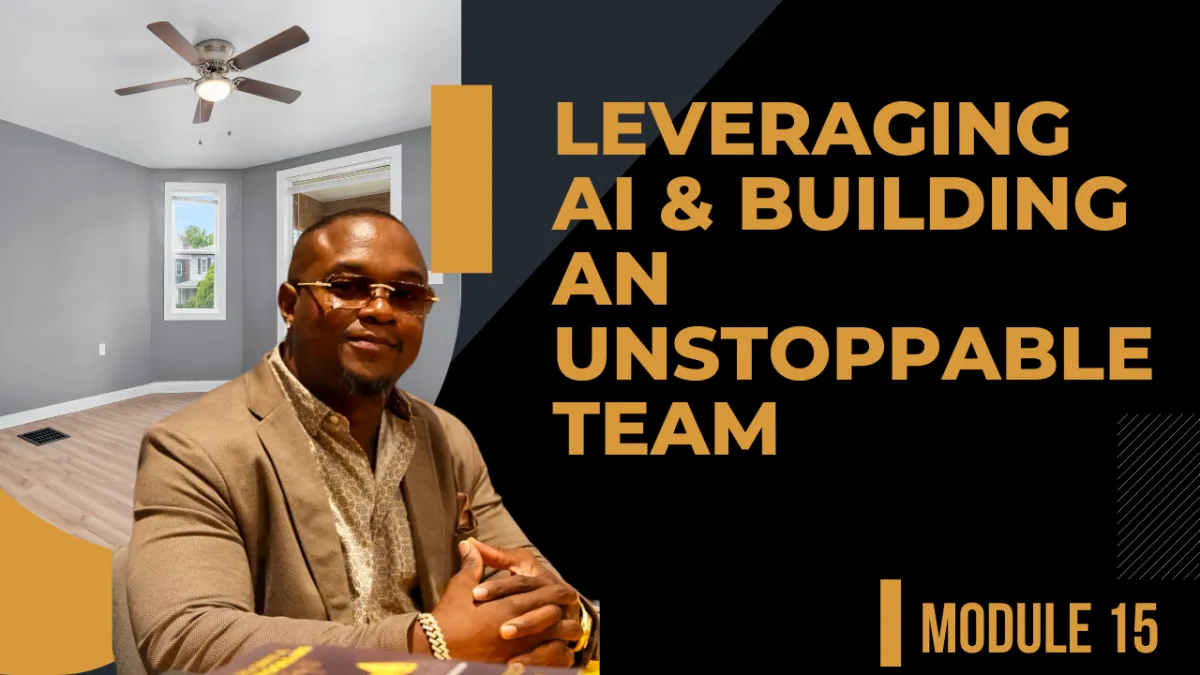
Ava Thompson
Module 15 – Leveraging AI & Building an Unstoppable Team
